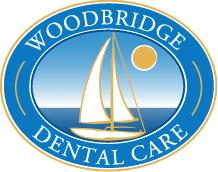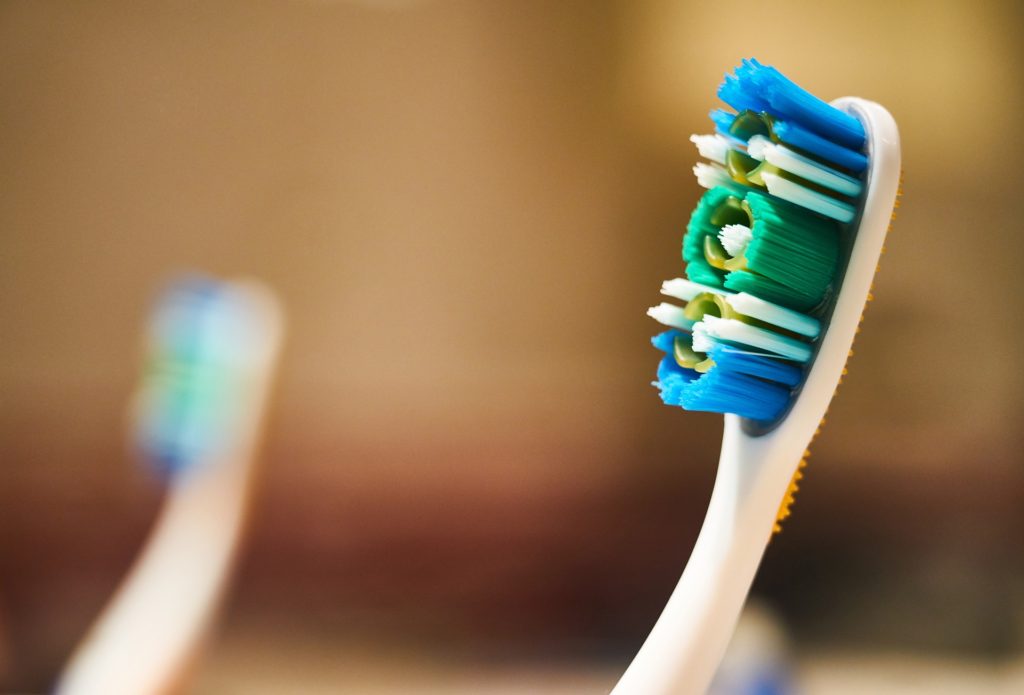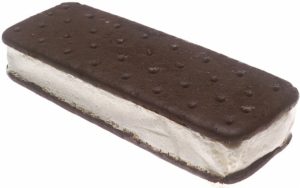Dentist Near Me

We often have visitors to our office ask about solutions for fixing stained teeth or filling in gaps between teeth. We sometimes suggest veneers. Veneers are one cosmetic option available for correcting your smile. Here’s what you should know about veneers, and whether they are right for you and your smile.
What Are Veneers?
A Veneer is a thin cover placed over the front of the tooth. Typically, they are made of dental porcelain and designed to cover your existing tooth, not replace it.
What They Do
Veneers are used to fix a broken or chipped tooth, shrink the noticeable gaps in between teeth, or reduce the visible stains on teeth. Our office specially sizes them to fit your teeth. Generally, the structure of your teeth is not altered since the veneers are placed over your teeth.
What You Need to Know
Those who get veneers sometimes experience a minor increase in sensitivity, particularly to hot or cold food and drinks. Veneers are typically nonreversible, as they often require a small amount of tooth enamel to be removed. After getting them, it is advisable to avoid drinks such as wine, coffee, or tea that are often culprits of causing staining. Taking care of them still requires you to brush twice each day and floss regularly as well. Your teeth are not invincible to staining or decay so be sure to continue to take care of them.
It is important to know that veneers are a solution to minor tooth issues such as discoloration, gaps, or misaligned teeth. They are not a substitute for braces, bridges, or other dental work. Schedule a visit to our office to meet with our dentist. Together our team can work with you to develop a plan to reach the goals and look you are hoping to achieve.
For more information on how to achieve the smile you have dreamed of, contact our office. We look forward to seeing you during your next visit with us!
Phone: 703-670-4994
Fax: 703-730-2187
Email: [email protected]
Address: 4315 Ridgewood Center Dr, Woodbridge, VA 22192
Hours: Mon-Thurs: 8:30-5:00










 How often does your child eat candy? According to a study conducted by the USDA Economic Research Service, children under 12 consume an average of 49 pounds of sugar in one year. While candy is not the sole source of sugar in a child’s diet, the impacts of sugary candy treats are particularly harmful to teeth. Here’s what you need to know about candy and how it might be damaging your child’s smile.
How often does your child eat candy? According to a study conducted by the USDA Economic Research Service, children under 12 consume an average of 49 pounds of sugar in one year. While candy is not the sole source of sugar in a child’s diet, the impacts of sugary candy treats are particularly harmful to teeth. Here’s what you need to know about candy and how it might be damaging your child’s smile. The new year is a time when many consider making positive changes in their lives. Common goals include wanting to lose weight, exercise more, or quit a bad habit. What about vowing to improve your oral health this year? Here’s a few easy changes you can make that will lead to a happier, healthier smile in 2019.
The new year is a time when many consider making positive changes in their lives. Common goals include wanting to lose weight, exercise more, or quit a bad habit. What about vowing to improve your oral health this year? Here’s a few easy changes you can make that will lead to a happier, healthier smile in 2019. What makes teeth sensitive?
What makes teeth sensitive? When you travel by plane, your flight attendant will advise that in the rare case of an emergency, you must first put on your air mask before attempting to help those around you. When this is not followed, the results can be catastrophic, both for you and for those you might otherwise have been in a position to assist. While this is crucial information for all, many women particularly require this gentle reminder to prioritize their own needs above those of others.
When you travel by plane, your flight attendant will advise that in the rare case of an emergency, you must first put on your air mask before attempting to help those around you. When this is not followed, the results can be catastrophic, both for you and for those you might otherwise have been in a position to assist. While this is crucial information for all, many women particularly require this gentle reminder to prioritize their own needs above those of others. Men, dental examinations and treatment are important for you, too. Did you know according to the Academy of General Dentistry (AGD), by age 72 men lose an average of 5 teeth? That number jumps to 12 if you are also a smoker. Here’s what you need to know about keeping your mouth healthy. Follow these tips and you can beat the odds stacked against men and their oral health.
Men, dental examinations and treatment are important for you, too. Did you know according to the Academy of General Dentistry (AGD), by age 72 men lose an average of 5 teeth? That number jumps to 12 if you are also a smoker. Here’s what you need to know about keeping your mouth healthy. Follow these tips and you can beat the odds stacked against men and their oral health.